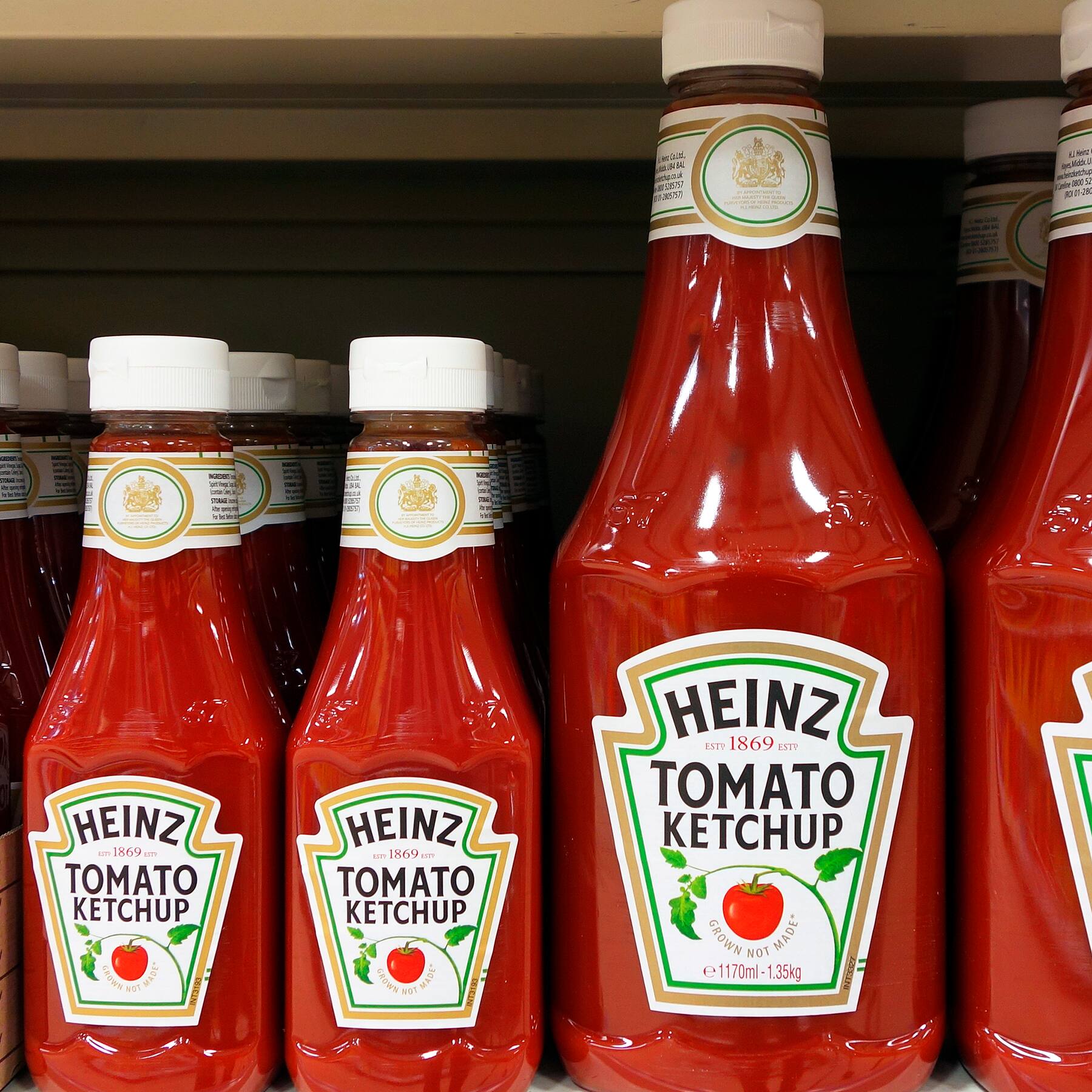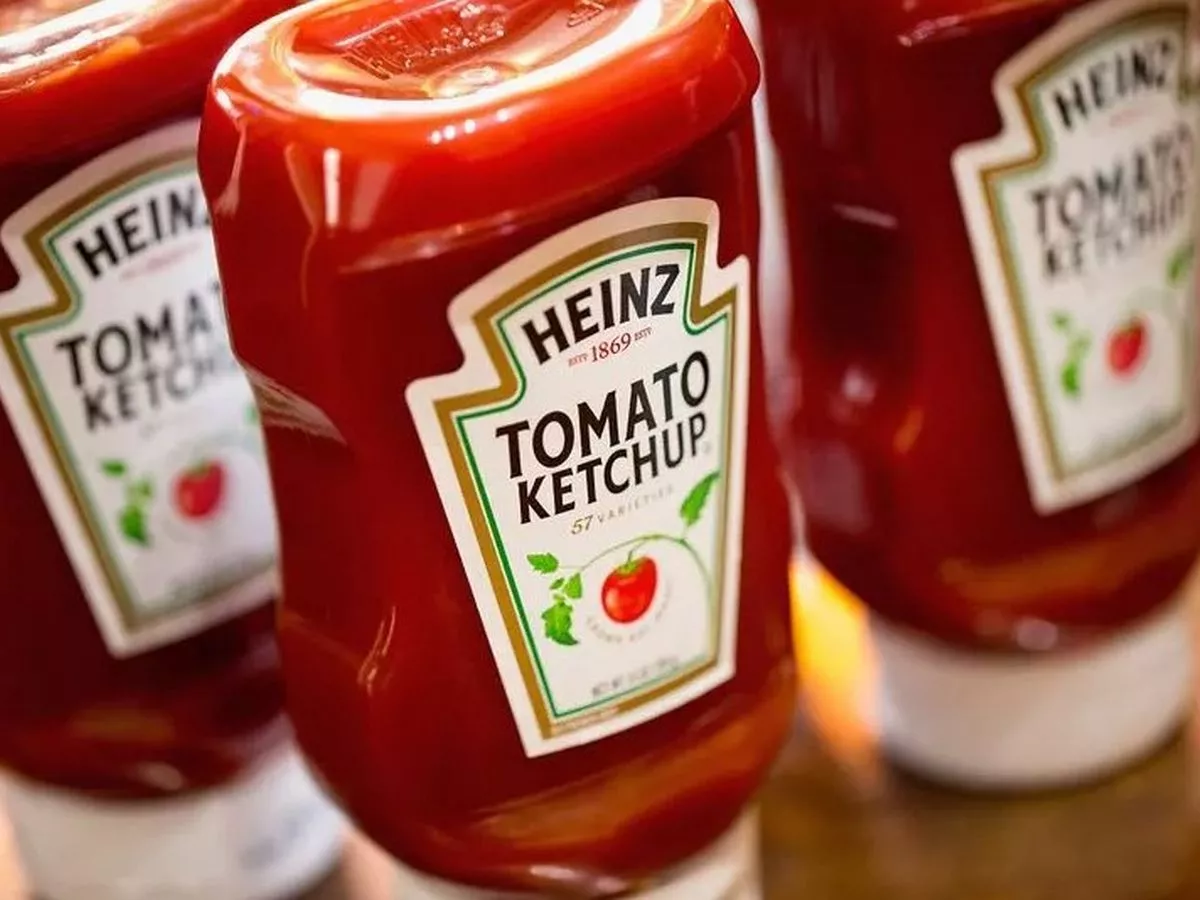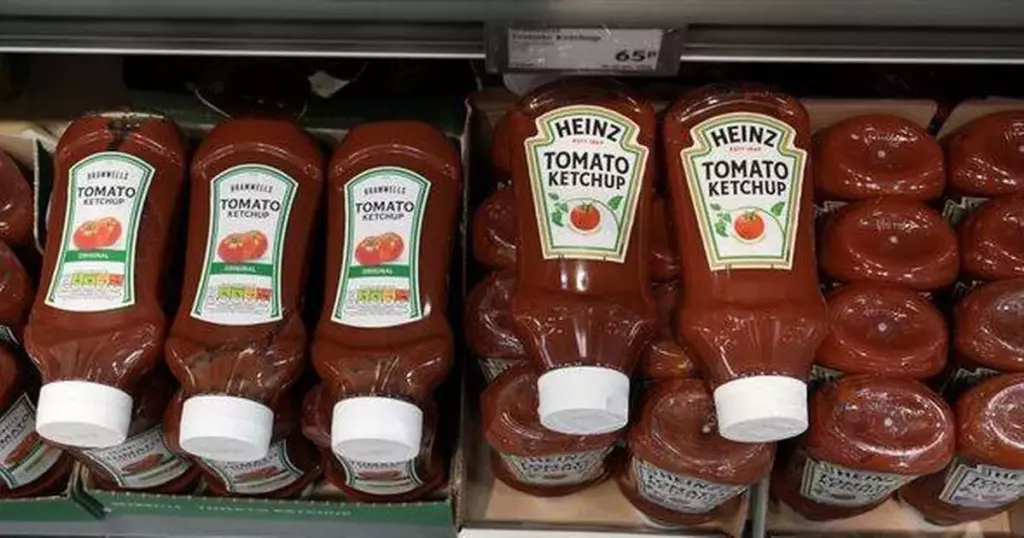For many Americans, a bottle of ketchup is as essential in the kitchen as salt and pepper. Found in virtually every refrigerator across the country, ketchup—especially the Heinz brand—has become a staple on burgers, hot dogs, fries, and even scrambled eggs. But while its presence may be comforting and nostalgic, health experts are raising serious concerns about what’s really lurking inside this classic red condiment.
- The Hidden Dangers Behind a Familiar Taste
- From Fresh to Processed: The Truth About “Tomatoes”
- A Closer Look at the Ingredients in Heinz Ketchup
- The Sweet Truth: Sugar in Disguise
- Why It Matters: Health Impacts of Excess Sugar and Sodium
- ⚠️ Hidden sugars are fueling a national health crisis.
- ⚠️ Sodium overload is equally dangerous.
- The Ronald Reagan Controversy: Ketchup as a Vegetable?
- What About “Natural” Flavors and Spices?
- What Can You Do? Healthier Ketchup Alternatives
- Final Thoughts: Think Before You Squeeze
The Hidden Dangers Behind a Familiar Taste
It’s easy to assume that ketchup is simply a blend of tomatoes, vinegar, and spices—nothing more than a tangy, tomato-based topping. But the reality is far more complex—and concerning.
Medical professionals are now urging consumers to take a closer look at the ingredients in ketchup, warning that despite its reputation as an innocent sidekick to our favorite meals, it may actually be harming our health in subtle but significant ways.
From Fresh to Processed: The Truth About “Tomatoes”
Let’s start with the primary ingredient—tomatoes. Or more accurately, tomato concentrate.
Instead of using fresh, whole tomatoes, many major ketchup producers, including Heinz, rely on tomato concentrate—a dehydrated version of tomatoes that’s later reconstituted with water. While this isn’t necessarily dangerous, it marks the beginning of a long departure from what most people consider “natural.”
After tomato concentrate, the ingredient list takes a more troubling turn.
A Closer Look at the Ingredients in Heinz Ketchup
Here’s what typically follows on the label:
-
Distilled vinegar
-
High-fructose corn syrup
-
Corn syrup
-
Salt
-
Spices
-
Onion powder
-
Natural flavoring
At first glance, this list might not raise red flags. But nutritionists point out several issues:
-
High-fructose corn syrup and corn syrup are just two types of sugar—used in tandem to sweeten the product and increase its addictive appeal, especially to children.
-
Salt contributes to sodium overload, which is linked to high blood pressure and other cardiovascular issues.
-
“Natural flavorings” and “spices” sound benign, but these are often proprietary blends that don’t have to be disclosed under current FDA regulations. That means you may be consuming additives and preservatives without knowing it.
The Sweet Truth: Sugar in Disguise
Perhaps the most alarming aspect of ketchup is the sugar content. By listing corn syrup and high-fructose corn syrup separately, companies like Heinz avoid having to list “sugar” as the number one ingredient—though it might as well be.
According to food reviewer Mr. Eastcoastman, a standard 1.3-liter (44 oz) bottle of Heinz ketchup contains a staggering 33 tablespoons of sugar—more than two full cups. That’s the equivalent of adding sugar to every meal without realizing it.
And consider this: the average serving size of ketchup is two tablespoons, which often goes unnoticed on a burger or plate of fries. That seemingly harmless dollop packs nearly two teaspoons of sugar.
Why It Matters: Health Impacts of Excess Sugar and Sodium
So why is this such a concern?
⚠️ Hidden sugars are fueling a national health crisis.
Excessive sugar intake has been directly linked to:
-
Type 2 diabetes
-
Obesity
-
Heart disease
-
Non-alcoholic fatty liver disease (NAFLD)
⚠️ Sodium overload is equally dangerous.
Most Americans already consume far more sodium than recommended. Just a few servings of ketchup a week can contribute to:
-
High blood pressure
-
Increased risk of stroke
-
Kidney disease
The Ronald Reagan Controversy: Ketchup as a Vegetable?
In the 1980s, a controversial proposal by the Reagan administration attempted to classify ketchup as a vegetable in school lunches to cut costs. The backlash was immediate and fierce—while the proposal never passed, it serves as a reminder of how the perception of ketchup has been twisted over the decades.
Ketchup might come in a red bottle, but that doesn’t make it a healthy vegetable serving.
What About “Natural” Flavors and Spices?
Terms like “natural flavors” sound harmless—even wholesome—but they’re often vague by design. Under current U.S. labeling laws, food manufacturers are not required to disclose what these “flavors” actually contain. That could include:
-
Chemical additives
-
Preservatives
-
Extracts from undisclosed sources
In essence, you don’t really know what’s in your ketchup beyond the sugar and salt.
What Can You Do? Healthier Ketchup Alternatives
If you’re not ready to give up ketchup entirely (and who can blame you?), there are steps you can take to make better choices:
✅ Read the labels carefully.
Look for brands that list actual tomatoes, not concentrate, and have no added corn syrup.
✅ Try organic or low-sugar ketchup options.
Brands like Primal Kitchen, Annie’s Naturals, and True Made Foods use whole ingredients and skip the added sugars.
✅ Make your own ketchup at home.
It’s surprisingly easy to prepare using canned or fresh tomatoes, apple cider vinegar, spices, and a natural sweetener like honey or stevia.
✅ Limit your portions.
Use smaller amounts, and don’t treat ketchup like a beverage. A little goes a long way.
Final Thoughts: Think Before You Squeeze
Ketchup may seem like a harmless condiment, but the ingredients tell a different story. From hidden sugars to undisclosed additives, this kitchen staple deserves a second look.
In moderation, ketchup can still be part of a balanced diet. But understanding what’s really in that red bottle is the first step toward smarter, healthier choices—for you and your family.
Next time you reach for the squeeze bottle, just ask yourself:
“What am I really putting on my plate?”









